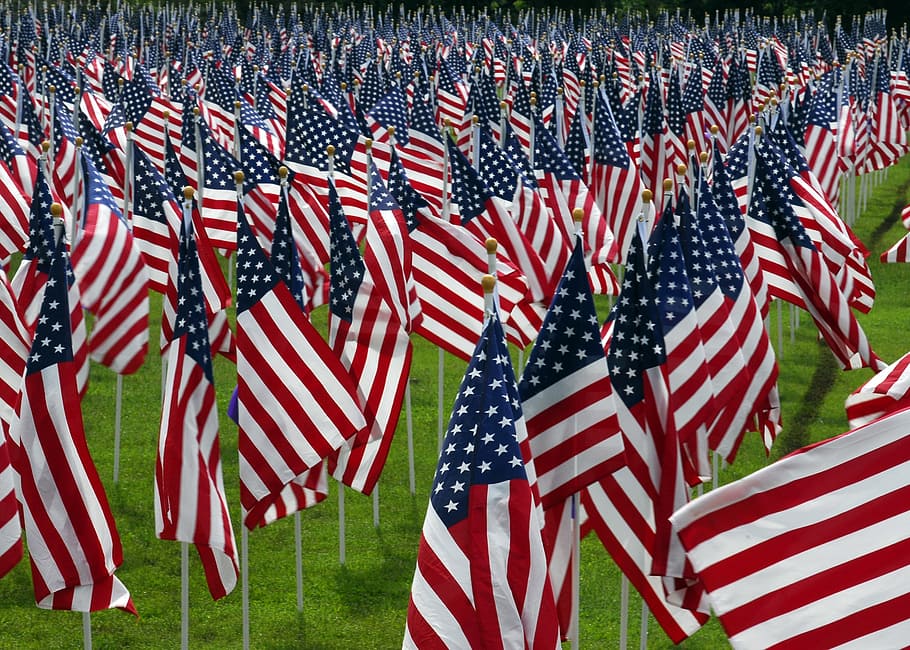The Pacific War saw the Allies pitted against Japan. Fighting consisted of some of the largest naval battles in history, and incredible fierce battles and war crimes across Asia and the Pacific Islands, resulting in immense loss of human life. The war culminated in massive Allied air raids over Japan and atomic bombings. After the war, Japan lost all rights and titles to its former possessions in Asia and the Pacific, and its sovereignty was limited to the four main home islands and other minor islands as determined by the Allies.
On August 14, 1945, at 7 p.m. President Harry S. Truman announced that Japan had surrendered unconditionally to the Allies, effectively ending World War II. Since then, both August 14 and August 15 have been known as “Victory Over Japan Day,” or simply “V-J Day.” The term has also been used for September 2, 1945, when Japan’s formal surrender took place aboard the U.S.S. Missouri, anchored in Tokyo Bay. Coming several months after the surrender of Nazi Germany, Japan’s capitulation in the Pacific brought six years of hostilities to a final and highly anticipated close.

